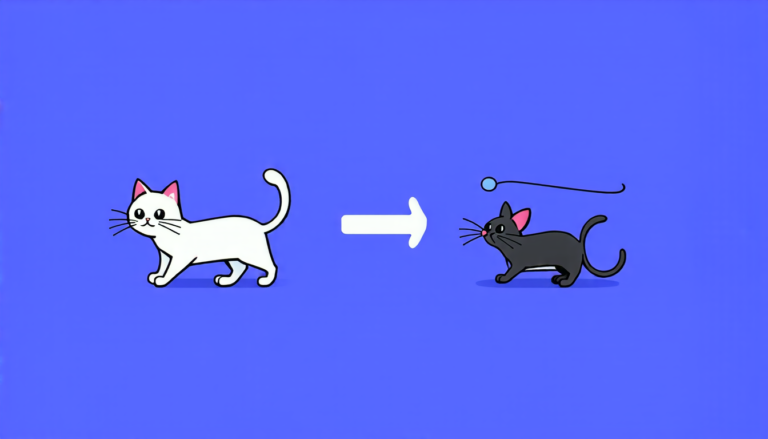Monday 07 April 2025
The intricate dance of coalition politics has long fascinated scholars and citizens alike. A recent paper delves into the complex world of controlling parliamentary elections, where voters care not just about individual parties but also about the collective power of coalitions.
Researchers have traditionally focused on promoting a single party or candidate through election manipulation. However, in many countries, particularly those with proportional representation systems, the outcome often depends on the formation of coalitions between multiple parties. This new study explores the challenges and opportunities that arise when trying to influence these coalition dynamics.
The authors examine the problem from two angles: adding or removing parties to change the outcome, and deleting existing parties to alter the balance of power. They demonstrate that both approaches can be extremely challenging, with some problems being NP-hard – meaning they require an impractically large amount of time and computational resources to solve.
One key finding is that in certain cases, controlling a parliamentary election becomes much more difficult when considering coalition dynamics. For instance, adding parties to promote a particular coalition may actually make it harder for the favored party to win, due to the complex interplay between voter preferences and party alliances.
The study also highlights the importance of voter preference orders in shaping coalition outcomes. In some scenarios, deleting opposition parties can lead to unexpected results, as voters who previously supported those parties shift their allegiance to other coalitions or individual candidates.
These findings have significant implications for election manipulation strategies. Rather than focusing solely on promoting a single party or candidate, political operatives may need to consider the broader landscape of coalition politics and the intricate relationships between different parties.
The paper’s authors also emphasize the importance of understanding voter behavior in these complex systems. By analyzing how voters prioritize their preferences and respond to changes in the electoral landscape, researchers can gain valuable insights into the dynamics of coalition formation and manipulation.
As our societies become increasingly complex and interconnected, understanding the intricacies of parliamentary politics is more crucial than ever. This study offers a fascinating glimpse into the world of coalition control and highlights the need for nuanced approaches to election manipulation. As we continue to navigate the complexities of democracy, researchers like these will play a vital role in illuminating the inner workings of our political systems.
Cite this article: “Control and Manipulation in Complex Voting Systems: A Hardness Analysis”, The Science Archive, 2025.
Coalition Politics, Parliamentary Elections, Proportional Representation, Election Manipulation, Coalition Dynamics, Voter Preferences, Party Alliances, Np-Hard Problems, Coalition Control, Democracy







